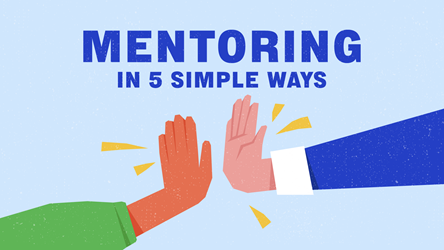Delving into Minds to Design Policies

Why is it important to understand the cognitive abilities and biases of citizens? The Civil Service College’s latest book, Behavioural Economics and Policy Design: Examples from Singapore, explains. The book, edited by Donald Low, shows how successful policies integrated conventional economic principles with behavioural economics before the latter became popular. Here is an excerpt from the introductory chapter, “Cognition, Choice and Policy Design”.
“We can identify at least three behavioural economics lessons for policymakers. The first is that for any number of reasons — loss aversion, status quo bias, endowment effects, inertia, hyperbolic discounting or sheer laziness — people often stick to the status quo, even if their rational minds know that a change would better serve their interests. This is why defaults and opt-out clauses are important components of any policymaker’s toolkit.
Examples of the use of defaults in Singapore include organ donations and participation in MediShield.
Second, we can think about defaults as part of a broader point about how choices should be structured. The behavioural economics literature suggests that people often make systematic and predictable errors when faced with decisions involving risk and uncertainty. Defaults are one way to structure complex choices to help people avoid error and make better decisions.
Another way could be to provide more salient information, such as on energy consumption by household appliances, to persuade people into making better decisions.
The story of how CPF LIFE was introduced suggests that policymakers can help people make better decisions by simplifying otherwise complicated choices, including reducing the options offered.
Third, and arguably most importantly, it matters how choices are framed. If people often choose based on the most salient or accessible features rather than an objective, exhaustive cost-benefit analysis of options, framing the situation differently can induce different choices. The way a policy is framed can bring to mind particular emotions or associations or norms (logics of appropriateness) and thus trigger particular actions or behaviours.
In Singapore, the gap between supply and demand for organ donation is large. Standard economics theory prescribes the free market as the most efficient way to allocate supply to demand. However, there are moral and ethical concerns with organ trading. Apart from the repugnance society might feel towards the unbridled selling and buying of organs, there are concerns with exploitation of sellers, who are likely to be poor, and diminution of the dignity of human life.
The government framed the issue of payment for organ donors not as a hard-edged economic transaction, but as one of fairness for the donor. In its public consultation exercise, the Ministry of Health (MOH) explained that the proposed legislative amendments were intended to ‘compensate living donors according to international ethical practices’. MOH emphasised the distinction between “compensation” and “the buying and selling of organs”, with stiffer penalties proposed for the latter. Feedback was generally positive, but some had reservations on ‘compensation’, which could be misunderstood for payment for the organ. By the Second Reading of the Human Organs Transplant (Amendment) Bill, MOH had dropped ‘compensation’ in favour of language that proposed ‘to reimburse or defray the costs or expenses of living organ donors’. The Amendment Bill was passed in March 2009.”
CSC will be organising workshops on Behavioural Economics in 2012. For enquiries: cscollege_cpe@cscollege.gov.sg. Behavioural Economics and Policy Design: Examples from Singapore is available at major local bookstores.
- POSTED ON
Mar 13, 2012
-
Work Better
Evaluating policy using the flip of a coin
-
Deep Dive
Hurdles On The Way To Cashless








